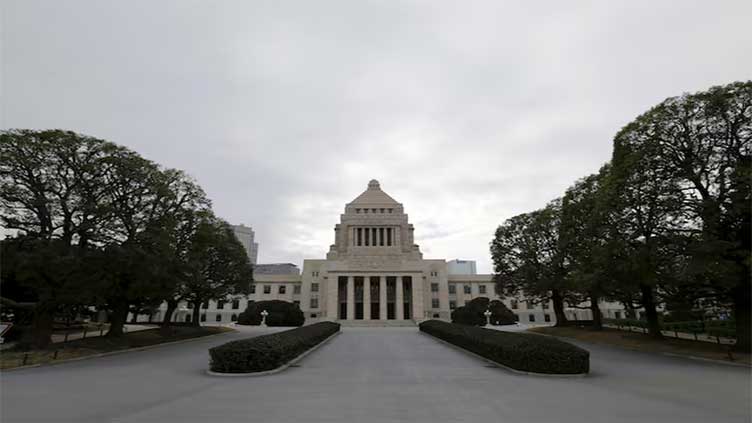What to expect as Japan prepares for Oct. 27 election

World
The LDP currently holds 258 of 465 seats in the lower house
TOKYO (Reuters) – Japan's incoming prime minister Shigeru Ishiba said on Monday he plans to hold a general election on Oct. 27.
Here is what to expect in the following weeks as Ishiba seeks to hold on to his party's lower house majority and solidify his position atop a scandal-plagued party.
WHAT HAPPENS NOW?
Ishiba’s victory in the Liberal Democratic Party (LDP) leadership race last week virtually assures that he be officially voted in as Japan's next prime minister during a special parliamentary session on Tuesday.
The 67-year-old is hoping to capitalise on his current wave of popularity to revive a party that has seen its public ratings drop in recent months over a series of scandals that partly forced his predecessor, Fumio Kishida, to resign.
WHEN WILL THE ELECTION BE?
Ishiba said the snap election would be held on Oct. 27, with a ruling party executive saying earlier on Monday that the new leader would dissolve parliament on Oct. 9.
Official campaigning must run for a minimum of 12 days before the election.
The upper house will continue its term as it cannot be dissolved, with the next term finishing in July 2025.
WHICH PARTIES ARE THE MAIN CONTENDERS?
The LDP, which has ruled Japan for almost all of the post-war era, currently holds 258 of 465 seats in the lower house.
Although the LDP saw its popularity hit a low of 25.5% in June – the lowest since it regained power in 2012 – it remains the most popular party in a fragmented political landscape.
Some 31.3% of respondents said they support the party, according to a poll by public broadcaster NHK conducted early September.
The main opposition is the Constitutional Democratic Party of Japan, which currently hold 99 seats. Its current approval rating stands at 6.6%.
The conservative Japan Innovation Party, which has a stronghold in the Western city of Osaka, currently holds 45 seats, while the LDP's junior coalition partner Komeito has 32.
WHAT CAN WE EXPECT FROM THE ELECTION?
The focus is whether the LDP will win the 233 seats needed to keep a lower-house majority by itself.
Winning an additional 28 seats would help put the coalition past the 261 seats of an "absolute stable majority", a level that would ensure control over parliamentary committees, making it easier to push through bills.


